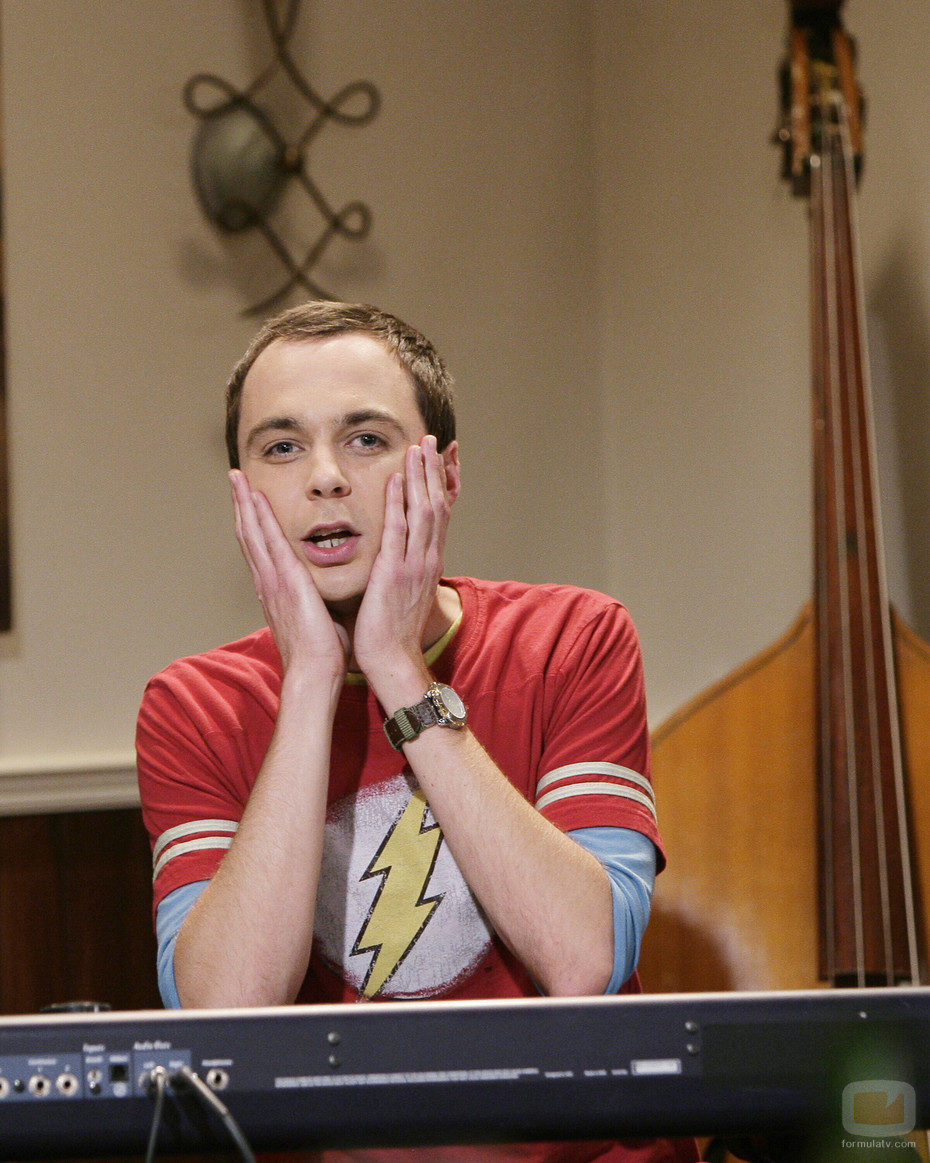 A new model of the universe has been proposed by Wun-Yi Shu, an associate professor at National Tsing Hua University in Taiwan. It has the potential of supplanting the Big Bang Theory as the standard accepted model of cosmological origin.
A new model of the universe has been proposed by Wun-Yi Shu, an associate professor at National Tsing Hua University in Taiwan. It has the potential of supplanting the Big Bang Theory as the standard accepted model of cosmological origin.
In the new theory, the universe has no beginning and no end. Things we currently understand as constants such as the speed of light and gravity, become variable. And time and space as well as length and mass become interchangeable in much the same way that the famous E=mc^2 equation allows energy and mass to interchange. It’s heady stuff, but it eliminates the need for dark energy and solves the supernovae red-shift problem that plaque current models. On the other hand, it doesn’t offer any clues about the cosmic microwave background radiation which has been repeatedly observed and the Big Bang explains nicely. So it is fraught with its own issues. Still, it’s one of the more radical yet plausible ideas to arise in cosmology in decades.
Should Shu’s new model bear out and the Big Bang gets pushed to the dustbin a couple of significant problems arise. Minimally (and perhaps most importantly) would be the fate of the TV show. It’s not at all clear that Sheldon would ever recover. But I think the larger issue could be the perception on the part of the non-science community that somehow this shows that science itself is somehow flawed.
Science deniers have long clamored that cosmology, biology, geology, and other sciences are flawed because there are things the current theories of science cannot explain. This is most often used as an argument for why supernatural forces are behind the inner workings of the universe. But sometimes they are also used as political levers such as is the case with the global warming deniers.
My fear is that should a major current theory like Big Bang be proved false, this will be spun as a huge “I told you so” by those who would seek to discount science in general. How can scientists be trusted that evolution is true? After all, these were the same folks who said Big Bang was true and look what happened to that!
Ironically, scientists would view the demise of a major theory in favor of a new and better one as a validation of the success of the scientific method. This is exactly how science is supposed to work. A theory is used to comprehensively explain all the known data. But invariably, as more data is gathered, holes begin to show up in the theory. In some cases, the theory is expanded, but in other cases, whole new theories are required. Quantum physics is a great example of a whole new theory created to explain behavior that Newtonian physics could not account for. At present, both these theories exist in parallel, but physicists recognize that eventually they must somehow be reconciled.
It’s important to understand that this is not a bad thing. Rather, it is the very definition of scientific progress. As we observe more, our explanations (theories) get revised. This is not a step backward, but a leap forward. Science will never understand and explain absolutely everything. That’s not a failure, it truly is an opportunity, and the whole raison d’être for science.
And if Sheldon is half the scientist he’s portrayed as, he’ll be leading the fight to have the show’s name changed. But don’t worry, he’ll still have oatmeal on Mondays. Let’s not get all crazy here or anything.
